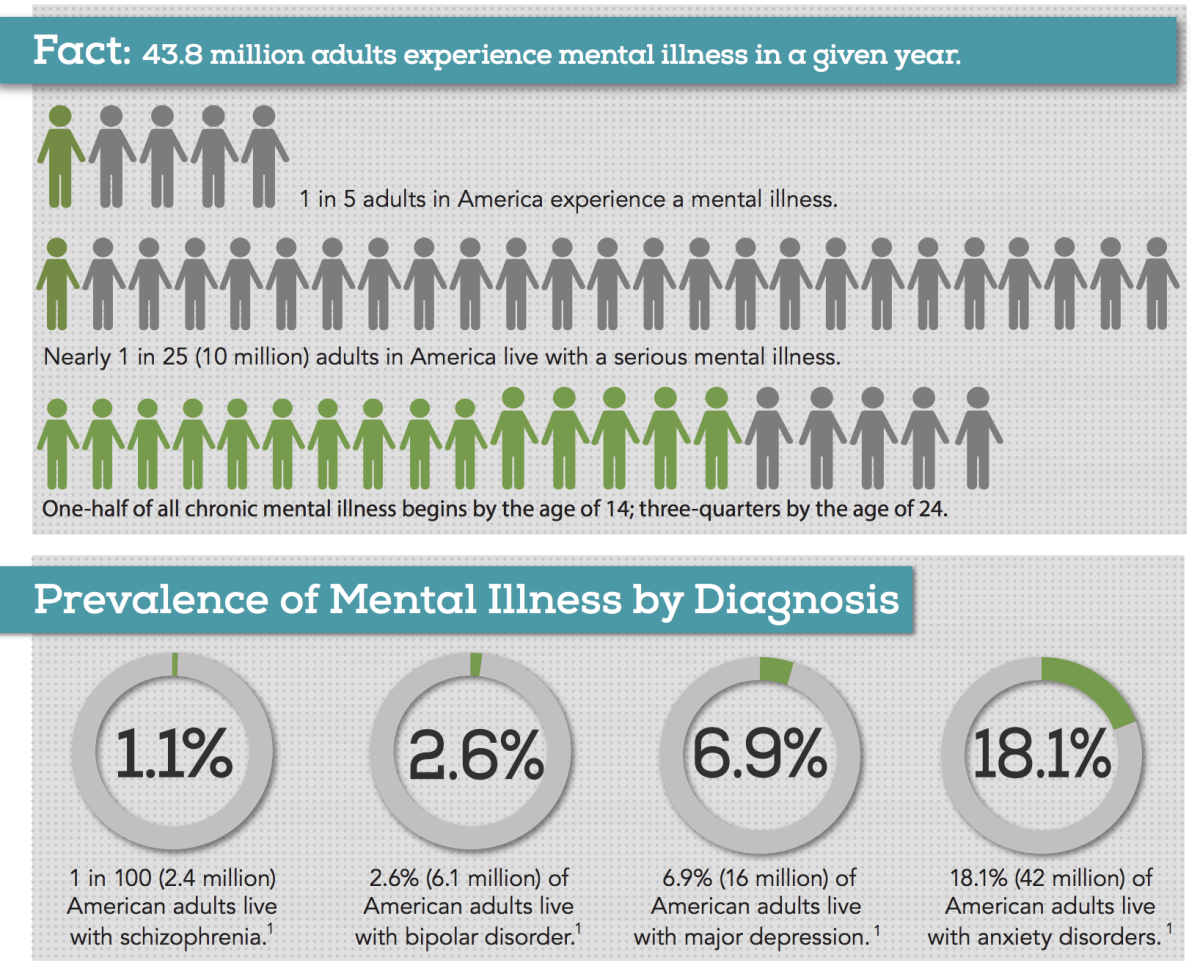
_Rachel Schnelle is a freshman journalism major at MU. She is an opinion columnist who writes about campus-wide issues for The Maneater._
The brain controls everything that you do. From what you eat, how you move, and to even what you think about. Since this is such a prevalent part of the human body, it is to be assumed that people would take care of the mental health of themselves and those around them. Unfortunately, this is sometimes not the case.
Studies show that 450 million people currently suffer from mental illnesses and a shocking two-thirds of that statistic do not seek treatment. A probable reason as to why this statistic is so high is because of the stigma and discrimination that surrounds mental illness and seeking treatment. Since therapy has improved so many people’s lives, it could be assumed that mental illness and treatment go hand in hand. Sadly, this is not always true and this is mostly due to the abundance or lack of resources in certain areas. This means that people who live in urban areas have easier access to therapy, while rural areas do not. Surveys show that in 2016, 18.7 percent of residents of nonmetropolitan areas suffer from mental illness. While this statistic is alarming, the fact that many people in rural areas go all their lives without some kind of treatment is even more alarming.
As someone who grew up in a rural town and struggles with mental illness, I found the topic of mental illness and suicide was often ‘glossed over.’ This is mostly because of the stance that religion has on suicides. Meaning that when there is a funeral for suicide victims, people delivering the eulogy often completely avoid the topic as a whole. It’s heartbreaking when someone commits suicide, but it’s even more so when people act like it didn’t even happen. When suicide would strike our town, we would give our condolences and drop the taboo topic. This in turn caused people who still suffer, such as myself to feel as if they couldn’t discuss their own struggles with mental illness. It wasn’t until I opened up about my personal obstacles with professionals that I realized that a lot of people in my town (including my family) suffer from depression.
Depression and anxiety can be incredibly daunting to talk about. Seeing that I closed myself off and didn’t talk people during my darkest days made me realize that it made my depression worse; which made me realize that talking about it helps me tremendously.
This is why it is so important to talk to those around you and make sure they’re okay, even if it doesn’t affect you personally. Society can be quick to talk about mental health when a celebrity commits suicide, but slow when it comes to helping someone they know personally. Speaking from personal experience, sometimes there is no ‘good time’ to say that you’re struggling with a mental illness. However, it should always be a discussion worth talking about. It doesn’t matter where you are from, or what has happened to you, check up on the mental health of everyone around you, including yourself.